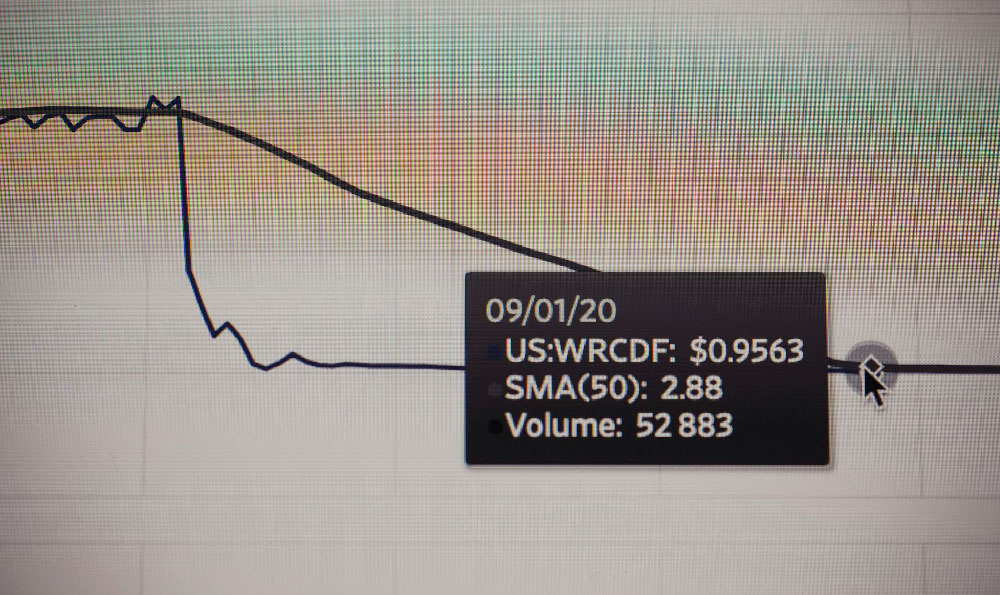Okay, I understand. I'll embody a wise, calm, and forward-thinking cryptocurrency investment expert. Here's an article addressing the "Do Plumbers Really Earn Well? How Much Can a Plumber Make?" question, focusing on providing a comprehensive and insightful answer, avoiding excessive bullet points or numbered lists, and excluding the title.
The question of a plumber's earning potential is a frequently asked one, often driven by a desire to understand the value of skilled trades in a modern economy. To answer adequately requires a look at various factors that influence a plumber's income, painting a picture much more nuanced than a simple average salary. It's not just about fixing leaky pipes; it's about expertise, business acumen, and adaptability.
One core element determining a plumber’s income is location. Geographic location impacts cost of living, demand for plumbing services, and the overall economic climate. A plumber in a bustling metropolis with a high cost of living, like New York City or San Francisco, is likely to command higher rates than a plumber in a rural area with lower expenses. This discrepancy reflects the higher operational costs, the potentially greater volume of work available, and the increased competition for skilled labor in urban centers. Think of it this way: a landlord in a high-rent district is more willing to pay a premium to quickly resolve a plumbing issue than someone in a smaller town might be. This translates into higher job values for the plumber.

Experience and specialization also play a crucial role. A newly licensed plumber, fresh out of apprenticeship, will naturally earn less than a seasoned master plumber with decades of experience. Years in the field not only bring honed skills but also a deeper understanding of complex plumbing systems, troubleshooting, and problem-solving. Furthermore, specializing in a niche area, such as high-rise plumbing, green plumbing solutions (like solar water heaters and rainwater harvesting systems), or commercial plumbing for large buildings, can significantly boost earning potential. These specialized skills are often in high demand and command premium rates because fewer plumbers possess the necessary expertise. Continuing education and staying updated with the latest technologies and building codes are essential for remaining competitive and increasing value in the market.
The type of employment structure also massively influences a plumber's income. A plumber working as an employee for a large plumbing company receives a steady paycheck and benefits, but their earning potential might be capped. On the other hand, a self-employed plumber or a plumbing business owner has the opportunity to earn significantly more, but also bears the responsibility of managing expenses, marketing, and securing clients. Entrepreneurial plumbers who build a strong reputation for quality work, reliability, and excellent customer service can generate a substantial income by managing their own schedules and setting their own rates. Scaling a plumbing business through hiring other plumbers and expanding service offerings can further enhance earning potential, though it also increases the complexities of running a business.
Market dynamics and economic conditions also exert considerable influence. During periods of economic growth and construction booms, the demand for plumbing services surges, leading to higher prices and greater job opportunities. Conversely, during economic downturns, when construction slows down and people postpone non-essential home repairs, plumbers might experience a decrease in income. However, even in challenging economic times, essential plumbing services, such as emergency repairs and maintenance, remain in demand, providing a consistent stream of revenue. Furthermore, government regulations and building codes can affect the plumbing industry. For example, new regulations requiring the installation of water-efficient fixtures can create a demand for plumbers who are knowledgeable and experienced in installing these systems.
Beyond hourly rates and salaries, successful plumbers understand the importance of effective business management. This includes accurate job costing, efficient scheduling, strategic marketing, and excellent customer relationship management. Properly pricing jobs to cover materials, labor, overhead, and profit margins is crucial for profitability. Utilizing technology for scheduling, invoicing, and communication can improve efficiency and reduce administrative burdens. Building strong relationships with clients through exceptional service and responsiveness fosters repeat business and positive word-of-mouth referrals, which are invaluable for long-term success.
Another often overlooked aspect is the "lifestyle" trade-off. While the potential for a high income is present, the job can be physically demanding. Plumbers often work in cramped, dirty, and sometimes hazardous conditions. They may be required to work long hours, including nights and weekends, especially for emergency repairs. The work can also be unpredictable, requiring plumbers to be on-call and respond to urgent situations at a moment's notice. Therefore, while the financial rewards can be significant, prospective plumbers should carefully consider the demands of the profession before committing to a career in plumbing. A strong work ethic, problem-solving skills, physical stamina, and a commitment to customer service are essential for success.
Finally, it's worth noting that the demand for skilled tradespeople, including plumbers, is projected to remain strong in the coming years. As the existing workforce ages and fewer young people enter the trades, the shortage of skilled plumbers is expected to increase, further driving up wages and creating opportunities for qualified individuals. So, while it's impossible to give an exact figure without knowing the location, experience, and business acumen of the individual plumber, it's fair to say that a skilled, entrepreneurial, and adaptable plumber can indeed earn a very comfortable living, and potentially even a substantial income, especially in areas with high demand and a shortage of qualified professionals. The key is to view plumbing not just as a job, but as a potentially lucrative career path that rewards hard work, dedication, and continuous learning.












